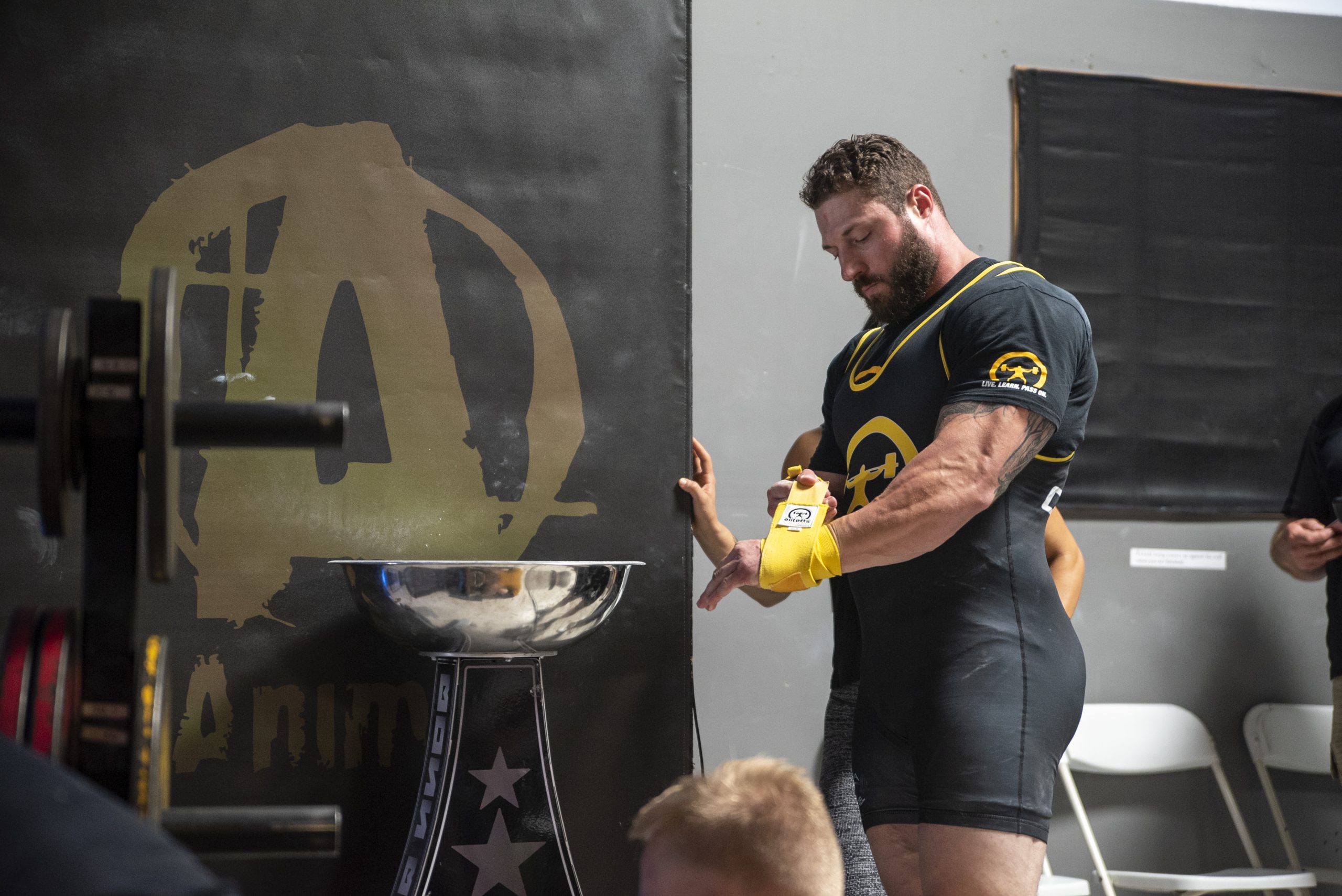
With the culture shift in powerlifting going from sweaty dungeons with do or die training partners to solo acts posting for the 'gram, the door has swung open for online coaches. When I was brought up, your "coach" was either the strongest, smartest, or most experienced guy in the gym, and everybody was training the same thing that day. You didn't need the perfect plan because your training partners pushing you was more than enough to make gains, bro. But now we're here, and supply and demand is an economic law, fickle as it can be in some cases. The internet has allowed those that 'need' to find those that 'have' (hopefully including more than a couple years experience).
Full disclosure- I coach people remotely. I don't prefer it, but I know what's out there and I know that my services are better than the statistical mean of what the market is offering.
My two cents if you're considering hiring a coach...
If you have been training for less than two years, you don't need a coach.
If you have access to the internet and can read, you don't need a coach.
If you have a powerlifting gym near you, you don't need a coach.
Find a reputable gym, even if that means driving 1-2-3 hours to train. Go to EliteFTS.com and you'll find more content on how to program then you'll know what to do with (pick something and stick with it). And if you're new to this, YOU DON'T NEED A COACH. Pick a template, ask the IG world on Q&A day when you have a question, and learn from your mistakes.
HOWEVER, there is nothing wrong with hiring a coach. You can make progress more quickly by avoiding common training pitfalls. You can maintain accountability. You can take some stress out of your training by having someone you trust guide you. These are all great perks. So, if you choose to hire a coach, then use the following to make sure you get your money's worth..
1. COMMUNICATE
If your coach asks you to email them with an update once a week, do it. If they ask you to text them daily videos, do it. If they ask to be tagged in IG videos, do it. You are not your coach's only athlete, so help them dedicate more time to you by being efficient and consistent with your communication.
Along those lines, I recognize you want to create a bond with your coach, as you should. This doesn't mean "hey, what's up?" If you're friends with your coach, that's great. But a text everyday checking up on your coach means you hired a friend and you're not respecting them from a professional standpoint. Let that trust and that bond develop naturally, through the ups and downs of training.
2. ASK QUESTIONS
Ask for clarification on exercises including- how to do it, how to set it up, what the focus is, and WHY you're doing it.
The 'why' will typically help explain the how- if we're doing a particular exercise to work on bench lockout, you should probably put yourself in that mindset. Think about Arnold's famous explanation of the mind-muscle connection.
Also, asking your coach why you're doing something should be welcomed by your coach. If they're doing this for the right reason (LIVE. LEARN. PASS ON.) then they'll be happy to take some extra time to help you understand what you're doing now, the why, and how that will translate or change in the future. If that question is met with "because I said so," fire that coach.
3. DO WHAT THEY TELL YOU
Unless you are an experienced lifter that can make a change on the fly that fits within the programming, then do exactly what is written especially in the first month of programming. If the volume or intensity are just plain too high, don't kill yourself. Cut it short and let the coach know post workout that something was wrong. But any good coach will not kill you in month one, even with an understanding of where your current ability level is. Give the coach a chance to adjust to you, and visa versa. It's four weeks- it takes time to get strong- so practice some patience.
4. DONT DO EXACTLY WHAT THEY TELL YOU
But you just said....I KNOW WHAT I SAID. At some point it would behoove you to learn how to train based on how you feel. There are certainly some exceptions on either end of the spectrum that need to be guided every step of the way. But at some point your coach should become more of a guide than a sets/reps calculator.
5. COMMIT
Do what is required of you outside of the gym- if you're not able to sleep 8 hours, eat enough calories, and train consistently, then what the fuck is a coach going to do for you?
If you hire a coach, good. If you don't, great. Just be passionate about what you're doing and transcend your former self, total included.








